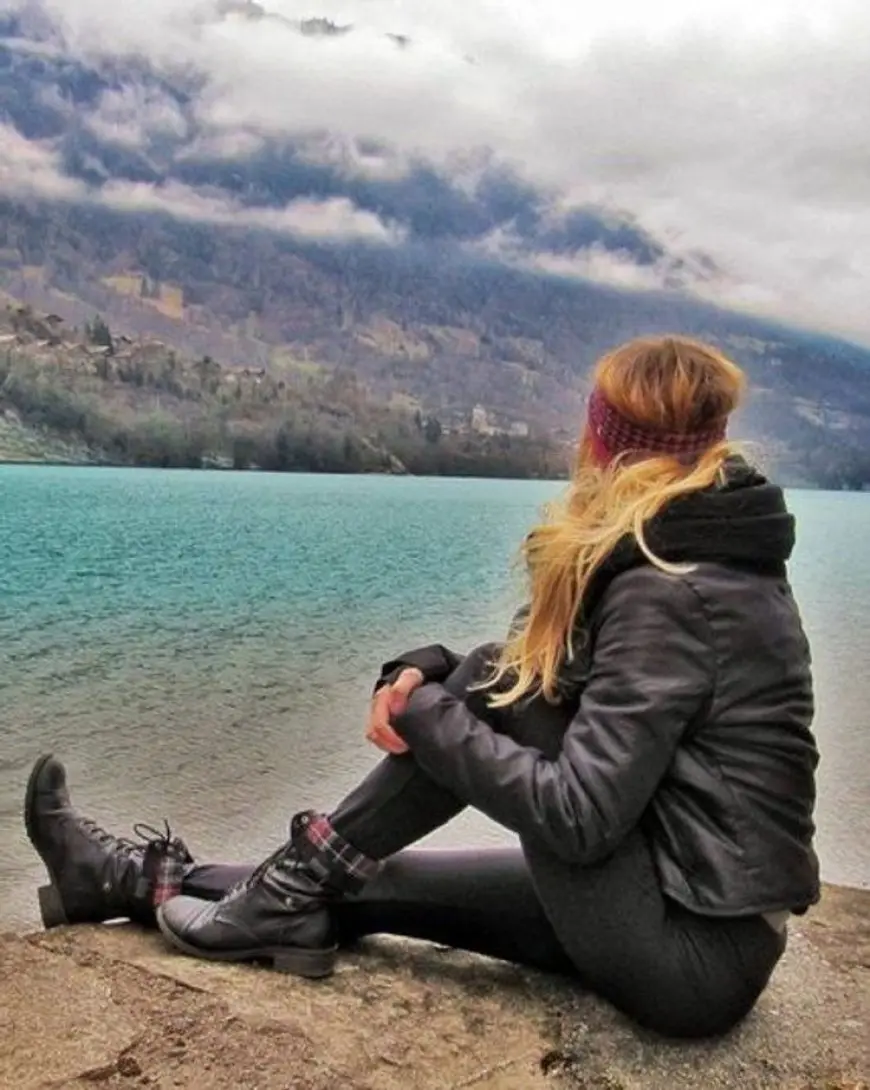How to Deal with Culture Shock in New Destinations
How to Deal with Culture Shock in New Destinations

Experiencing culture shock when traveling to a new destination is completely normal. It occurs when you find yourself immersed in a culture different from your own, with unfamiliar customs, languages, and everyday practices. While culture shock can feel overwhelming at times, it’s also an opportunity to grow and learn. Here are some tips to help you navigate and embrace culture shock during your travels:
Understand the Stages of Culture Shock
Culture shock typically comes in stages, which can help you recognize and manage the emotions you’re experiencing:
- The Honeymoon Stage: At first, everything feels exciting and new. Everything is an adventure, and the differences seem charming.
- Frustration Stage: As the novelty wears off, you may begin to feel irritated or confused by the differences in culture, language, or daily routines.
- Adjustment Stage: Over time, you start to adapt. You gain more confidence, learn the local customs, and feel more comfortable in your new surroundings.
- Mastery Stage: Eventually, you feel integrated and at ease in the new culture, having developed a deeper understanding and connection.
Keep an Open Mind
The key to handling culture shock is approaching it with curiosity rather than judgment. Embrace the unfamiliar and try to see things from the perspective of the locals. Even if something seems strange or uncomfortable, remind yourself that every culture has its own set of norms and values.
Learn About the Local Culture
Researching your destination before you go can help reduce the intensity of culture shock. Learning about local customs, traditions, social norms, and even the language can give you a better understanding of the behavior you encounter. Books, documentaries, travel blogs, or talking to locals can help you prepare for what to expect.
Keep in Touch with Home
Staying connected to friends or family back home can provide comfort and support when you’re feeling overwhelmed. Regular communication can help you maintain a sense of stability, remind you of your familiar surroundings, and give you the emotional support you need to work through the difficult moments.
Be Patient with Yourself
Adjusting to a new culture takes time, and it’s okay to feel out of your element. Allow yourself to feel uncomfortable without rushing through the process. Be kind to yourself and acknowledge that culture shock is a normal part of the travel experience.
Create a Routine
A sense of routine can provide stability and help ground you during the adjustment phase. Whether it’s having a regular morning coffee, exercising, or following a certain ritual in the evenings, having familiar activities can make the new environment feel more comfortable.
Stay Open to New Experiences
While culture shock can be disorienting, it’s also an opportunity to step outside your comfort zone and embrace new experiences. Try local foods, learn basic phrases in the language, participate in cultural festivals, and explore the city beyond the tourist attractions. The more you immerse yourself, the more you will learn and adapt.
Make Local Connections
Meeting locals or other travelers can provide insight into the culture and help you feel more connected. They can offer advice, share their experiences, and help you navigate the challenges you face. Try joining local activities, attending community events, or visiting local markets to meet people.
Take Care of Your Mental and Physical Health
Culture shock can sometimes cause stress, anxiety, or even feelings of isolation. Make sure to take care of yourself both mentally and physically. Eat well, stay hydrated, get enough rest, and take breaks when you need to. If you’re struggling with emotional challenges, talking to someone—a fellow traveler, an expat, or a local—can help you process your feelings.
Keep a Journal
Writing down your thoughts and feelings in a journal can help you reflect on your experiences and track your progress. It can also be a great way to capture your personal growth and document your journey. Looking back at your entries over time can show how much you’ve adapted and how far you’ve come.
Focus on the Positive
In moments of frustration or homesickness, try to focus on the positive aspects of your new environment. Celebrate small victories, like learning a new word, figuring out the transportation system, or discovering a favorite local dish. Shifting your focus to the good things can help you stay positive and motivated.
Take Breaks from the New Environment
If the stress of culture shock is starting to feel overwhelming, it’s okay to take a break and recharge. Visit a quiet park, spend time in a café, or explore an area of the city that feels more familiar. A brief retreat from the new environment can help you reset and approach the situation with fresh energy.
. Trust the Process
Adapting to a new culture takes time, so trust that you will eventually feel more at home. The discomfort you feel now will likely give way to growth, deeper understanding, and a sense of accomplishment. Embrace the journey of cultural exploration—it’s all part of the adventure.
Seek Support if Needed
If you’re finding culture shock especially challenging, consider seeking support from fellow travelers, online communities, or even a therapist if you’re feeling particularly isolated or overwhelmed. Sometimes, just talking through your experiences with someone who understands can make a world of difference.
Culture shock is a natural part of traveling to new destinations, and while it can be difficult at times, it’s also an opportunity for personal growth, learning, and self-discovery. By approaching the experience with patience, curiosity, and an open mind, you’ll not only adapt more easily but also gain a deeper understanding and appreciation for the diverse world around you.







